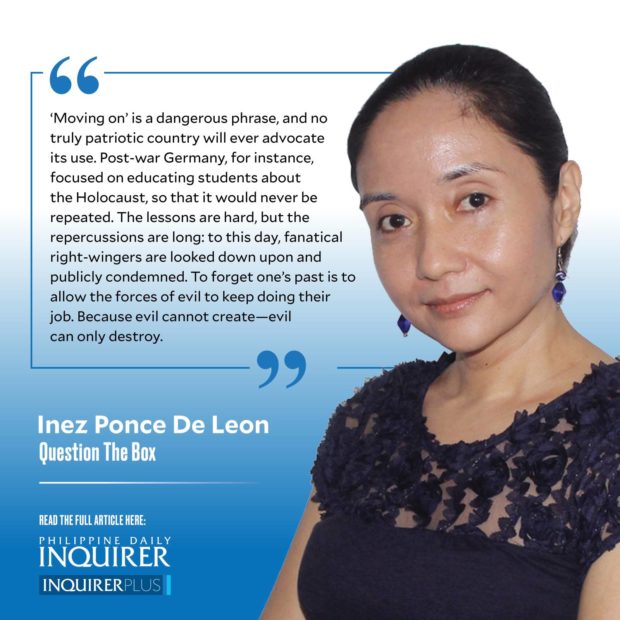The silence that is noise
Shusaku Endo’s “Silence” is a beautifully crafted novel, which tells the story of a Portuguese Jesuit priest searching for his missing confrère in 17th-century Japan. The Jesuit witnesses the relentless persecution of Christians, and, close to the end of the book, is given a choice: trample upon an image of Christ and thereby go against the teachings that have long guided him, or die for his faith.
The priest ponders why God seems to be absent in the lives of the people who have consecrated themselves to Him—why God is silent when those who love Him the most are suffering so much in His name.
Article continues after this advertisementBut what does it mean to really, truly be silent?
As I type this column, I am sitting in a secluded garden, on the last day of a three-day silent retreat.
I am used to the blare of car horns, the thrum of trains, the multipronged conversations of students. Now, there is only silence, and the real world seems so far away.
Article continues after this advertisementIn this silence, the news that makes our everyday headlines simply becomes noise. Overpriced onions, overabundant and wasted tomatoes, overseas trips, overfocus on the pettiness of lawmakers’ personal lives.
It is noise because it takes away attention from deeper problems: governance systems that rely so much on favors and patrons, upward mobility that is given only to those who have the right family name, duties handed to the most eager but least qualified.
In this noise, the forgetfulness becomes louder.
Two communication theories come to mind, as I ponder on the role of media in national remembering. An old theory, Agenda Setting, says that the mainstream media has a great role to play in keeping issues in prominence. To keep an issue out of the headlines, therefore, is to encourage its forgetting.
In contrast, Bottom-Up Framing, a newer theory, says that there are issues that remain in the public consciousness via online exchanges. Sometimes, these are issues that the mainstream media deliberately ignores or does not deem newsworthy. To keep talking about an issue, therefore, is to have the courage to keep it alive.
It feels far away now, but it was no more than a year ago when many of us trooped to the streets, in our brightest shades of pink. We did it because we supported Leni Robredo and the cause she represented: of listening, upliftment, truth.
There was a different kind of calm then: we could laugh together because we recognized kindred spirits, we helped people whom we did not even know, we stood united without having to obey slogans to do so.
The mainstream media don’t talk about the pink rallies anymore, but the memories still run their rounds online. They exist like monuments to a dream; they prompt stories around a virtual campfire, of a world we once thought we could wish into being.
No wonder our online conversations are often hijacked by trolls. Move on, they tell us, as they call us all their old, disgusting names from their vitriolic campaign. Move on, they shout, against virtual campfires burning bright.
“Moving on” is a dangerous phrase, and no truly patriotic country will ever advocate its use. Post-war Germany, for instance, focused on educating students about the Holocaust, so that it would never be repeated. The lessons are hard, but the repercussions are long: to this day, fanatical right-wingers are looked down upon and publicly condemned.
To forget one’s past is to allow the forces of evil to keep doing their job. Because evil cannot create—evil can only destroy.
At the end of Endo’s book, the priest cries out in desperation: “Lord, I resented your silence.”
In the stillness of his waiting, he hears what we presume is God’s voice: “I was not silent. I suffered beside you.”
Endo’s silence is the embrace of a God that shares our pain. To hide injustice beneath noise is a form of silence as well: it is an abuse of privilege.
As I write these words in this secluded garden, I can hear my students’ voices: Never forget. No moving on.
We once dreamed of a country where everyone was excited to help each other, to serve a nation, to listen to those pushed to the margins, to acknowledge painful truths in our shared past.
Move on, you say?
Not while we are forced to ignore the lessons of history.
As our country awaits the embrace of a silent, suffering God, we refuse to forget the hope that once was.
iponcedeleon@ateneo.edu

















